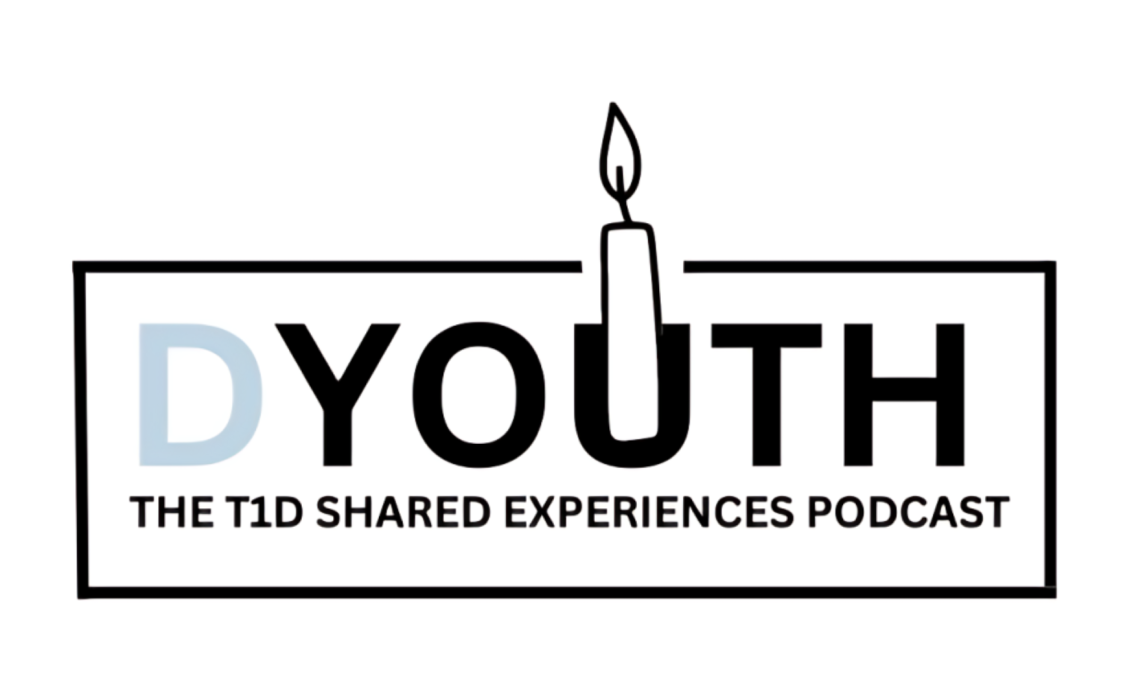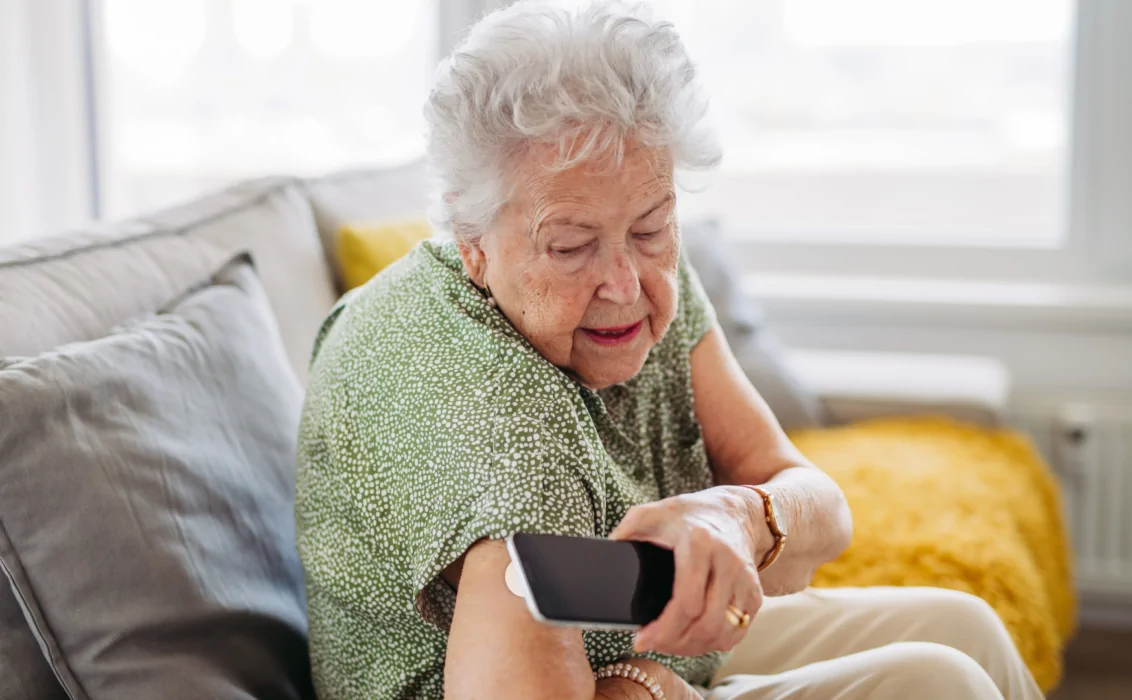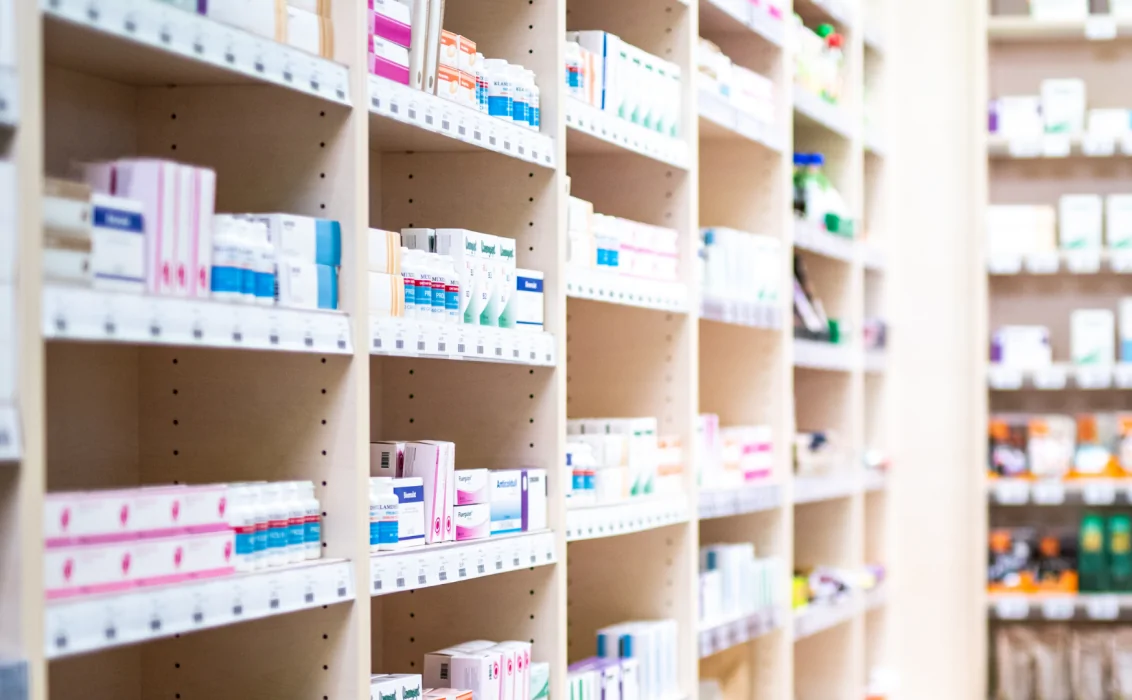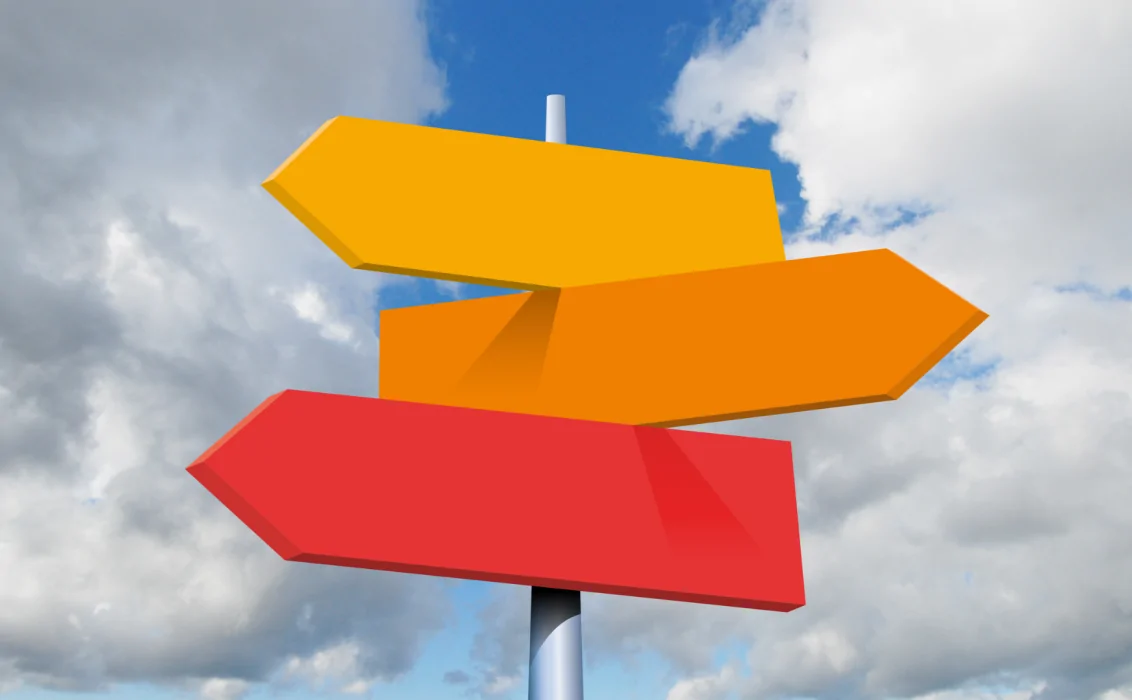In a world where Type 1 diabetes (T1D) can often feel isolating, a group of young diabetes advocates has come together to create “D-Youth,” a podcast designed to connect and inspire those living with the condition. The podcast creators, Linda Budde, Lazar Begović, Madalena Gonçalves, Marieva Tzanavara, Júlia Szednik and Anna Zamperetti, met during the IDF Europe Youth Leadership Camp (YLC) in Bulgaria, in 2023. Since then, they have published 27 podcast episodes, featuring guests from all over Europe who share their personal stories of living with diabetes.
To learn more about this project, we interviewed Lazar, Linda, Marieva and Madalena. They shared insights about the creation of the podcast, some of the stories they found most inspiring and suggestions on how to start a new diabetes advocacy journey.
How did the idea for the Type 1 diabetes podcast come about? Was it inspired by any specific experiences or challenges you encountered?
Linda: During the “Shared Experience” session at the YLC, we sat in a circle and everybody shared their experiences of living with diabetes. We found this very powerful and uplifting. We realised that everybody lives in very different settings but, somehow, we all have the same experiences. We then incorporated this in our group work during the camp and this is how it slowly became our project. One of the mentors made us think about what we needed to do to make this happen and suggested keeping the momentum and going for it. Right after the camp, we started to meet on a weekly basis, and we created the podcast.
Marieva: I had never had a similar experience before the camp. I had never been with other people living with T1D sharing their experiences and stories. Experiencing this for the first time is what inspired me to keep going and create this podcast with the team. Before, I had no idea of what sharing really meant.
Did you have any prior experience with similar projects and diabetes-related advocacy before participating in the YLC and developing the podcast?
Madalena: When I was about 14, I participated in a camp with people living with T1D, but it was completely different. The main goal of that camp was to have fun and meet new people living with diabetes (PwD). I think that the YLC taught us much more. It wasn’t just about sharing our story and connecting with others, but it showed us how advocacy works on a higher level.
Lazar: I participated in two camps in Serbia before the YLC. Since my first camp, I wanted to share the feeling that you are accepted and understood without having to say one word. By just looking at those around you, you can see that they understand what hypoglycaemia or hyperglycaemia is.
Linda and Madalena: The YLC was our first time participating in a camp with other PwD.
What are your goals and aspirations for the podcast in the future? Are there any specific topics or themes you hope to explore in upcoming episodes?
Linda: Participants share their most valuable stories with us. It is up to them to decide what personal stories they want to share. We wouldn’t push it in one specific direction because it leaves out all the rest.
How do you envision the podcast contributing to the T1D community, and what impact do you hope it will have on listeners?
Madalena: Our goal is for everyone to feel connected. We all know that it’s hard to find other people living with T1D in our daily lives. We are doing this for every PwD who feels lost or alone. The podcast was created for PwD to know that there is someone else who is going through their same experience. We hope that our listeners enjoy it and feel this connection.
Can you share some memorable moments from interviewing guests or discussing topics related to T1D on the podcast?
Linda: I recently listened to one of our episodes in which the guest talked about barriers. He said that most of the barriers we face are self-imposed. They are just in our head and we hide behind them. For me personally, I have a driver’s licence, but I haven’t driven in 10 years because I think “What should I do if my blood sugar goes low while I am driving?” By listening to the podcast, I realised that I’m not afraid of driving a car. It is not dependent on my diabetes. Last weekend I drove the car and felt relieved. It really changed something in my life. This is what our podcast can create and I’m really proud that we are doing this.
Madalena: In my favourite podcast episode, the person I interviewed shared her experience of issues related to pregnancy and diabetes, and new medicines. The most important thing she explained was her experience with depression. I think that people are often afraid of this. I really hope that if someone who is experiencing depression hears this story, they will realise that they are not alone and they are not the only ones going through such a difficult experience. This, for me, was a memorable moment on the podcast because it was heavy and at the same time inspiring.
How do you balance managing the podcast and other advocacy activities with other commitments, such as school, and work?
Linda: We meet about twice per month and we split our responsibilities with the podcast. Right now, I am writing my master’s thesis, and I am glad that there are six of us and 12 shoulders to rely on.
Madalena: It can be hard. For Julia, who works as a doctor, it can be even harder. We are responsible for social media and we are glad that, as a team, we can rely on each other and ask everyone for help.
Linda: We should also mention that Lazar is recording most episodes. He does twice as much as we do.
Lazar: I don’t think it’s a cliché to say that we really work like a big family. Of course, some might do a little more than others depending on the other obligations we have in our lives, but we all give the same amount of energy to the podcast.
Are there any collaborations or partnerships you hope to pursue in the future to further increase the reach and impact of the podcast?
Madalena: We look forward to partnering with other diabetes organisations and influencers to reach a broader audience and provide more diverse content to our listeners.
What advice would you give to other young advocates who may be interested in engaging in diabetes advocacy initiatives for the first time and/or in using podcasts as a platform for raising awareness and sharing their experiences with diabetes?
Madalena: It’s hard, but do not quit. You may struggle a little bit, but in the end you will enjoy doing it and you will be making a difference.
Linda: Just get started, because it’s a win-win situation. By advocating, you are not only helping others but you are also helping yourself. You are getting in touch with other advocates and other PwD. That enriches not only their lives but also your own.
Lazar: You will learn that it’s good to help the community, to help others. When we started our advocacy journey, I think that all of us were a little scared of the unknown, whether the project would be successful, whether we would find people to talk to, etc. Some people say, “Be fearless”. Please don’t. Fear is a good thing. It pushes you and it’s OK to have fears. But be bold and take that leap. As Linda said, it’s a win-win situation and you will gain something from it. Whether it is successful or not, you can learn from it. Just try, just have a little faith! And of course, come to our podcast!



